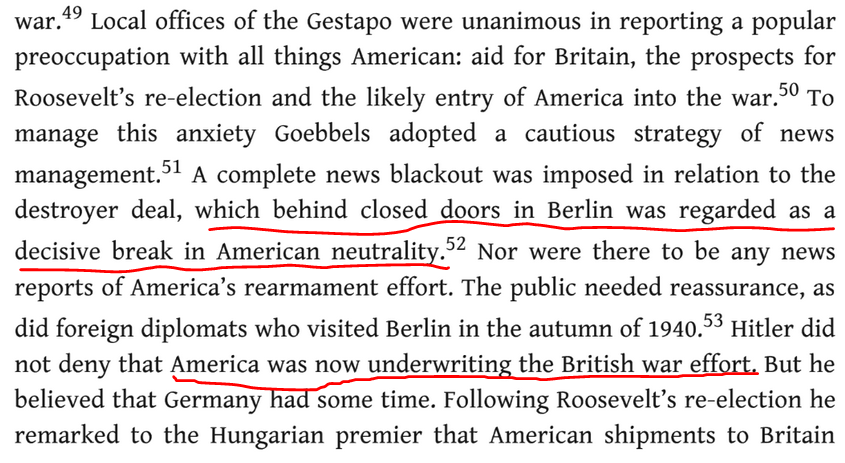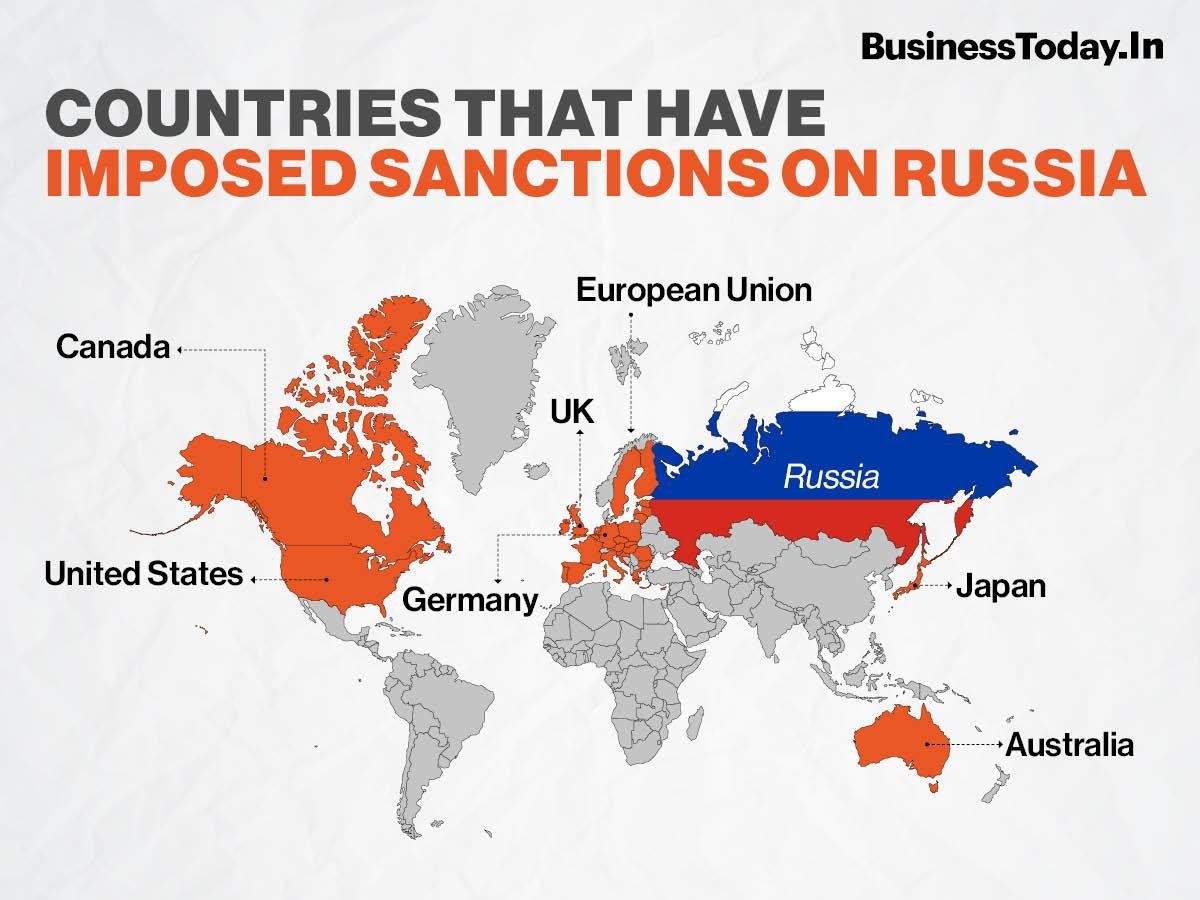
Many worry that the 🇺🇦-🇷🇺 war could escalate to World War III.
But are we ALREADY in a World War?
[THREAD]
But are we ALREADY in a World War?
[THREAD]
Some observers think we are in World War III. See Fiona Hill (in @politico)...
politico.com/news/magazine/…
politico.com/news/magazine/…
Others see the *potential* for a World War, but caution that we're not there yet (and that we were closer during the Cold War). See @WCWohlforth & @seanilling in @voxdotcom.
vox.com/2022/3/5/22955…
vox.com/2022/3/5/22955…
Still others think that the Cold War itself was actually World War III. See @EliotACohen in @WSJ back in 2001....
wsj.com/articles/SB100…
wsj.com/articles/SB100…
And then there are scholars like Hamilton and Herwig, who argue that World War II was really World War IX (so that would make this war World War X, right?).
amazon.com/Origins-World-…
amazon.com/Origins-World-…
Specifically, as they show in this table, the first truly global scale war was the War of the Grand Alliance in the late 17th Century. 

Whether we call it World War III, V, X, or ?, determining if we are in a World War comes down to a seemingly basic question: what does it mean to "participate" in war? 🤔
War participation isn't easy to determine. For example, you can read 👇🧵 to see how difficult it was for scholars to identify the participants in the 1999 Kosovo War.
https://twitter.com/ProfPaulPoast/status/1092773608722714624
The Kosovo example is tricky because of "support personnel" (i.e. the "tail" in the "tooth-to-tail" ratio). But it omits perhaps the most critical non-fighting way a country can play a "support role": supply and finance (h/t @rosellacappella).
academic.oup.com/jogss/article-…
academic.oup.com/jogss/article-…
To illustrate how providing supply and finance is a critical support role, consider US participation in World War I. 

The US entered the war in April 1917 after Wilson called on Congress to declare war on Imperial Germany. 

But US Troops wouldn't be in Europe and combat ready for months. The army had to be raised, trained, and shipped. 

Instead, the US provided IMMEDIATE assistance through loans. Money started flowing to the allies, specifically Britain, within weeks of the declaration of war.
The War Bond Act (the First Liberty Loan), passed on April 24, authorized the Treasury to buy the debt of “foreign governments then engaged in war with the enemies of the United States.” 

That money was critical for the British, French, and Italians to continue paying, feeding, and supplying their troops. This is a key reason why the historian Kathleen Burk refers to US financial assistance as the "turning point".
tandfonline.com/doi/abs/10.108…
tandfonline.com/doi/abs/10.108…
As another example, consider US participation in World War II.
When did the US become a participant in the war?
When did the US become a participant in the war?
Or was it late July 1941, when the US imposed an oil embargo on Japan, thereby squeezing the Japanese economy and its war effort? 

Lend-Lease authorized the US government to provide food, oil, and war materials to Britain, France (in exile), China, and (following the Nazi invasion) the USSR. 

Think of the old saying that the Germans were defeated by "Russian blood, British Intelligence, and American Arms" (or another variation is "the British gave time, the Americans gave money, and the Russians gave blood").
Or perhaps we can push the start date back to September 1940?
That is when the US gave destroyers to Britain.
That is when the US gave destroyers to Britain.

Given the examples of 🇺🇸 involvement in World Wars I and II, is 🇺🇸 a "participant" in the 🇺🇦-🇷🇺 war?
Let's tally the ways the US is participating.
Let's tally the ways the US is participating.
🇺🇸 is providing intelligence to 🇺🇦.
nbcnews.com/news/investiga…
nbcnews.com/news/investiga…
🇺🇸 is providing weapons to 🇺🇦.
cnn.com/videos/world/2…
cnn.com/videos/world/2…
🇺🇸 is providing money to 🇺🇦.
defensenews.com/congress/2022/…
defensenews.com/congress/2022/…
🇺🇸 is leading the way in imposing sanctions on 🇷🇺.
theguardian.com/us-news/2022/m…
theguardian.com/us-news/2022/m…
Though 🇺🇸 apparently removed "military trainers" from 🇺🇦 , I do wonder if some are still on the ground.
reuters.com/world/europe/e…
reuters.com/world/europe/e…
In short, if "amateurs talk tactics, professionals talk logistics", then 🇺🇸 is providing all sorts of "professional support".
And that's just 🇺🇸.
Add in the economic and military support from @NATO...
nytimes.com/2022/03/02/wor…
Add in the economic and military support from @NATO...
nytimes.com/2022/03/02/wor…
...and 🇪🇺.
bloomberg.com/news/articles/…
bloomberg.com/news/articles/…
..., which the Kremlin views as "economic warfare" being waged.
reuters.com/world/russia-w…
reuters.com/world/russia-w…
In short, we may not be in a World War, but a large part of the world are participants in assisting a war effort against Russia.
Moreover, as the US experience in the World Wars suggest, this may just be the initial steps towards direct sustained military involvement.
If that happens, then historians may one day look back at February 2022 as the start of a World War.
[END]
If that happens, then historians may one day look back at February 2022 as the start of a World War.
[END]
Addendum: US personnel serving as "military trainers" will resume (cc @AlexCecylia)
https://twitter.com/JenniferJJacobs/status/1502670342384500749
Addendum 2: 👇 is the type of action that eventually drew the US into World War I (in that case it was "unrestricted submarine warfare" against merchant ships)
https://twitter.com/KyivIndependent/status/1502594561838923778
• • •
Missing some Tweet in this thread? You can try to
force a refresh









